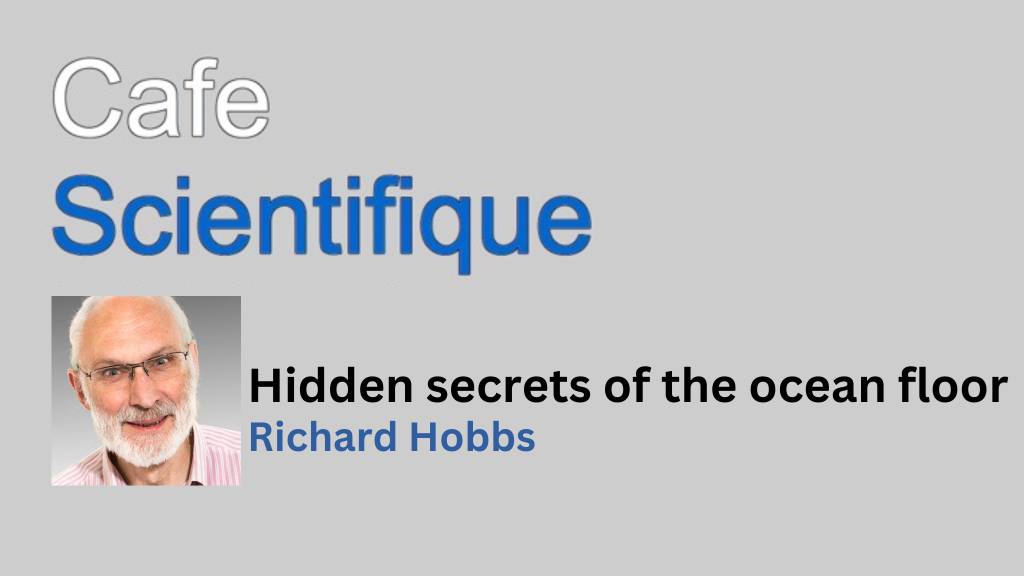Dynamic Pricing
ARC’s policy is to set ticket prices based on demand, like budget airlines, which means we set a price when the event goes on sale and then sometimes put the price up or down depending on how the show is selling. Usually, the price will increase as we get closer to the event, so it is advantageous to book in advance, although sometimes we will put special offers on and reduce the price. Our website will always show the current ticket price.

ARC’s theatre and dance performances are priced on a Pay What You Decide basis, which means you don’t have to pay until after you have seen a show!
We want to encourage more people to come and see shows at ARC, more often. Pay What You Decide not only allows you to pay what you can afford, rather than a fixed ticket price, but also removes the financial risk of buying a ticket for a show in advance without knowing whether you are going to enjoy it or not.
Tickets are available to book in advance as usual, but there is no obligation for you to pay until after you have seen the show. You can then decide on a price which you think is suitable based on your experience, which means if you haven’t enjoyed it at all, you don’t have to pay anything.
All money collected will help ARC pay the artists who have performed, and we therefore hope you will give generously.
Please ensure you have arrived and collected your tickets 15 minutes before the show starts in order to secure your seats. At the end of the show, you can decide what to pay, either by cash on the door or by card at the Box Office.
Richard Hobbs
Department of Earth Sciences
Hidden secrets of the ocean floor; catastrophes and major climate events which shape the world we live in today.
The talk will focus on a recent IODP (International Ocean Discovery Program) deep sea exploration project that sampled sub-seabed rocks that recorded the tectonic breakup of part of the Gondwana supercontinent between Australia, India and Antarctica some 132 million years ago and the subsequent evolution of the southwestern margin of Australia. In particular the period about 90 million years ago when the Earth’s climate was about 4°C warmer than the reference pre-industrial temperature. The rocks’ cores record an episode showing the total collapse of life in that part of the ocean called an Ocean Anoxic Event. Similar events at this time had been previously recorded mainly in and around the Atlantic Ocean but our expedition demonstrated that this was indeed a worldwide phenomenon. Finally I will show evidence a very recent catastrophic failure of the margin that caused an underwater avalanche or debris flow. IODP is the latest incarnation of the longest running international scientific research program that collects sub-seabed samples of rocks from the deep ocean by drilling using specially developed cutting tools so a intact core of rock can be recovered. The ship, JOIDES Resolution*, as well as running the coring operation is a floating earth science laboratory that allows the immediate analysis of the rock samples as soon as they are recovered.
About Richard Hobbs
Following a degree in physics at Loughborough University, Richard first moved into industry but became disillusioned about the prospects in research and development there so he returned to academia with a PhD at Durham in geophysics. He then spent 18 years working at Cambridge University during which time he ran a major UK research program into the deep structure of the Earth that included the first mapping of the Chixulub impact crater (the primary cause of the dinosaur extinction). In 2003 he moved back to Durham to continue his research and teaching. In 2021 he formally retired but retains an Emeritus position at the University.
